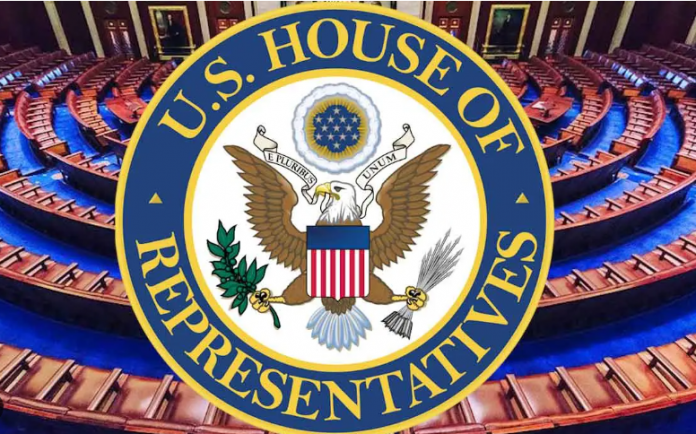TikTok stands as one of the nation’s most widely embraced social media platforms. It has served as a platform for unearthing numerous musical talents and fostering entrepreneurial ventures. Certain TikTok personalities are raking in substantial earnings, with figures reaching into the hundreds of thousands. Yet, amid its positive impacts, a significant concern persists: its ties to China. Following a briefing from intelligence authorities, the House of Representatives made a decisive move to outlaw the app.
During a gathering on March 12, representatives from the Department of Justice, FBI, and the Director of National Intelligence convened with House lawmakers. While an unidentified Republican aide disclosed details of the briefing to The Hill, no further information was publicly disclosed regarding its content or outcomes.
Following the briefing, the House took action by voting on the Protecting Americans From Foreign Adversary Controlled Applications Act the next day. This legislation, proposed by Representative Mike Gallagher (R-WI), aims to prohibit the usage of the app within the United States if it is not divested by the company. The app, owned by ByteDance, a Chinese entity, is alleged by lawmakers to be subject to control by the Chinese Communist government. The bill was passed with a decisive majority of 352-65 votes, with fifteen Republicans and fifty Democrats opposing the measure.
Representative Tom McClintock (R-CA) is among the legislators who opted not to support the passage of the bill. “The answer to authoritarianism is not more authoritarianism. The answer to CCP-style propaganda is NOT CCP-style oppression.”
Representative Thomas Massie (R-KY) likewise objected to the bill. He asserted that the United States would never succumb to pressure from another nation to divest one of its companies solely because it sells American products. Additional Republicans contended that while the government should caution Americans about potential risks to their data privacy when using the app, the decision to do so should ultimately remain in the hands of the individuals.
While purportedly lacking concrete evidence of the app sharing American users’ data with the Chinese government, there remains apprehension that such a scenario could unfold due to the security regulations in the country. China mandates companies to assist in intelligence gathering efforts and possesses the authority to compel them to surrender their data.
The senators now hold the fate of the legislation in their hands. Senate Majority Leader Chuck Schumer (D-NY) has the power to decide whether to move it forward for a floor vote. Analysts predict that Schumer may encounter internal pressure from his own party to push the bill forward. Senator Mark Warner (D-VA), who chairs the Senate Intel Committee, has pledged that the legislation will pass if it’s brought up for discussion. President Joe Biden has affirmed his readiness to sign the bill once it reaches his desk.













